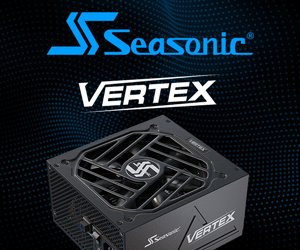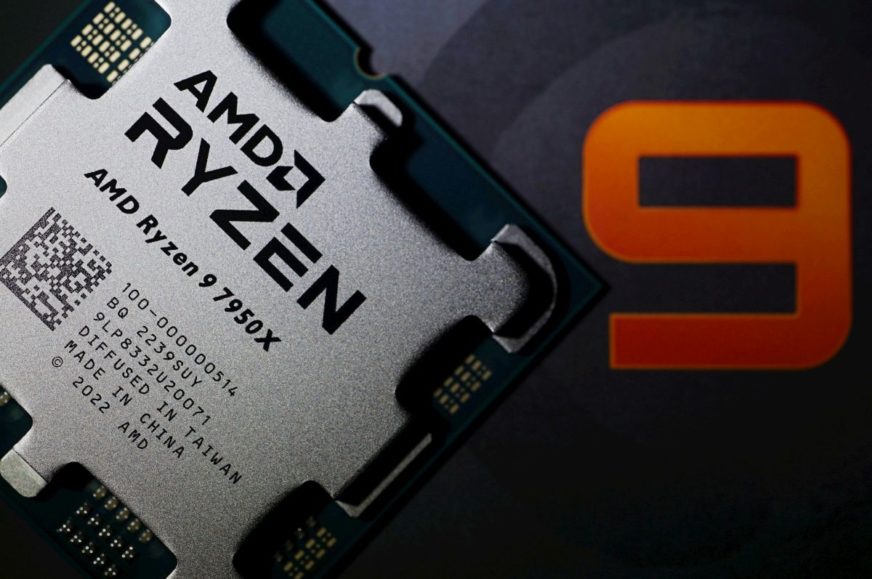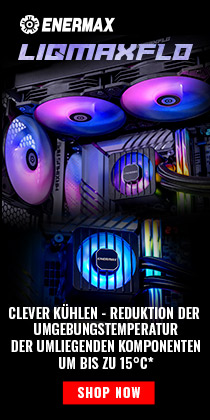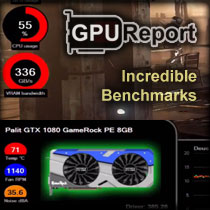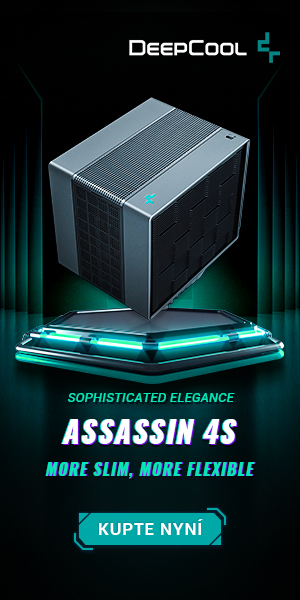Conclusion
We saved our tests of the most powerful Ryzen 7000 processor for last, for a number of reasons, as the last “X” model to expand the results database from this generation. The Ryzen 9 7950X, with its 32 threads, stands up to its 32-threaded competitor in the form of the Core i9-13900K with sovereignty, despite having eight fewer cores. Some might even state that it is the more cost-effective processor. But it comes down to your own point of view.
Conclusion
The Ryzen 9 7950X’s computing performance under high load of all cores is on average equivalent to the Core i9-13900K. And by equivalent we mean really equivalent. If based on the results of this test you think that Intel’s processor has a percentage or two advantage in aggregate, skip over to the motherboard test (where we use these exact two processors as part of the test platform) and you’ll find that some of the differences can be erased or reversed when combined with other motherboards. Never significantly, but just because the Core i9-13900K has 2% more performance on board A than the Ryzen 9 on board B doesn’t mean it can’t be the other way around on two other boards.
In short, the differences are often so small that it is pointless to discuss whether this or that processor performs a hair better or worse in some test. Sure, there are situations where the Ryzen 9 7950X will perform better on whatever motherboard is capable of powering it fully under load. The biggest lead, thanks to the effective implementation of AVX-512 and VNNI support, is attributed to the AMD processor in Topaz Labs AI Apps for photo restoration. In these, the R9 7950X is almost twice as fast compared to the Core i9-13900K. Core i9 Raptor Lake is in the same discipline (photo editing) again always the faster processor in Affinity Photo, XnView and also in Photoshop. With its filters, though, it’s often about short single-threaded loads, the performance of which is more dependent on CPU cooler performance with the R9 7950X (than with the Ci9-13900K). You can’t keep the active core temperatures below 70 °C with just any cooler, and after exceeding this value the single-core boost of the Ryzen 9 7950X is about 250 MHz below the Core i9-13900K. The latter is not so much affected by higher temperatures
At maximum performance of all cores, both the Ryzen 9 7950X and Core i9-13900K are pushed to the limit of “coolabilty” by the manufacturers, with heat dissipation being slower from the Ryzen 9 7950X, making this processor draw significantly less power. And when you couple that with what we wrote above, namely that multi-threaded performance is at a very similar level for these processors, you can guess the more efficient processor – it’s the Ryzen 9 7950X. It is roughly 30% more power-efficient. At equivalent computing power with an all-core load, the AMD processor draws roughly 75 W less.
But be warned, the more efficient processor in a single-threaded workload is already the Core i9 (13900K). At higher speeds it achieves lower power draw. With decreasing load, the efficiency of the R9 7950X is rather weaker (than that of the Ci9-13900K), although it doesn’t have to be “idle” 30+ W on all boards. For example, on the MSI MAG B650 Tomahawk WiFi, the power draw of the R9 7950X idle is around 22 W. And that’s pretty close to the Ci9-13900K (18–21 W).
Performance in games with the Ryzen 9 7950X is admittedly top-notch, but this processor isn’t primarily suited to a gaming PC. Aside from the poor price/performance ratio, the all-core boost is slower in gaming workloads both compared to the a hair cheaper R9 7900X and compared to the two-class lower Ryzen 5 7600X, which however outperforms both Ryzen 9s in many games.
In games that can benefit from more cores, the R9 7950X delivers higher performance (i.e. in Microsoft Flight Simulator, in Shadow of the Tomb Raider or in Total War Saga: Troy), but it only does so minimally – on such a level that you won’t be able to justify its price in a purely gaming PC. Unless, that is, you wanted to stream (and upload the video with an x264 software encoder) in addition to gaming, and even then the difference in gaming fps drop (versus the Ryzen 5 7600X, for example) is a bit too small to make the Ryzen 9 7950X “worth it”. Especially when it makes more sense to use a hardware encoder (AMD VCE or Nvidia Nvenc) of the graphics card for this purpose (video capture).
However, for a predominantly work computer, rather than a gaming machine, that is expected to deliver high multi-threaded performance, the Ryzen 9 7950X is a great choice. Considering the significantly better power efficiency, it’s a more reasonable option than the Core i9-13900K. The exception is, of course, the rare applications where the 24-core Raptor Lake is significantly faster and doesn’t care about power draw, no matter what it costs.
English translation and edit by Jozef Dudáš
| AMD Ryzen 9 7950X |
| + Extremely high multi-threaded performance, on par with the Core i9-13900K |
| + ... but at significantly higher efficiency |
| + Top-notch single-threaded performance... |
| + ... and also top-notch gaming performance |
| + "Versatile" processor, fits every application scenario |
| + 16 cores and 32 threads on a mainstream platform |
| + Very high performance per clock (IPC) |
| + Modern 5 nm manufacturing node |
| + Extremely high clock speeds given the novel manufacturing node |
| + DisplayPort 2.0 support |
| + Favorable price/performance ratio for high-end |
| - Worse heat dissipation from a small chip (more complicated cooling) |
| - Need for a very powerful cooler, even for maximum single-threaded performance |
| Approximate retail price: 699 EUR |
We would like to thank Datacomp e-shop for their cooperation in providing the tested hardware
Special thanks also to Blackmagic Design (for DaVinci Resolve Studio license), Topaz Labs (for licenses to DeNoise AI, Gigapixel AI and Sharpen AI) and Zoner (for Photo Studio X license)
- Contents
- AMD Ryzen 9 7950X in detail
- Methodology: performance tests
- Methodology: how we measure power draw
- Methodology: temperature and clock speed tests
- Test setup
- 3DMark
- Assassin’s Creed: Valhalla
- Borderlands 3
- Counter-Strike: GO
- Cyberpunk 2077
- DOOM Eternal
- F1 2020
- Metro Exodus
- Microsoft Flight Simulator
- Shadow of the Tomb Raider
- Total War Saga: Troy
- Overall gaming performance
- Gaming performance per euro
- PCMark and Geekbench
- Web performance
- 3D rendering: Cinebench, Blender, ...
- Video 1/2: Adobe Premiere Pro
- Video 2/2: DaVinci Resolve Studio
- Graphics effects: Adobe After Effects
- Video encoding
- Audio encoding
- Broadcasting (OBS and Xsplit)
- Photos 1/2: Adobe Photoshop and Lightroom
- Photos 2/2: Affinity Photo, Topaz Labs AI Apps, ZPS X, ...
- (De)compression
- (De)encryption
- Numerical computing
- Simulations
- Memory and cache tests
- Processor power draw curve
- Average processor power draw
- Performance per watt
- Achieved CPU clock speed
- CPU temperature
- Conclusion




